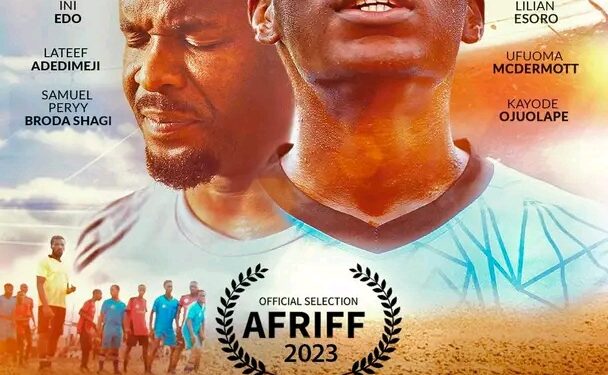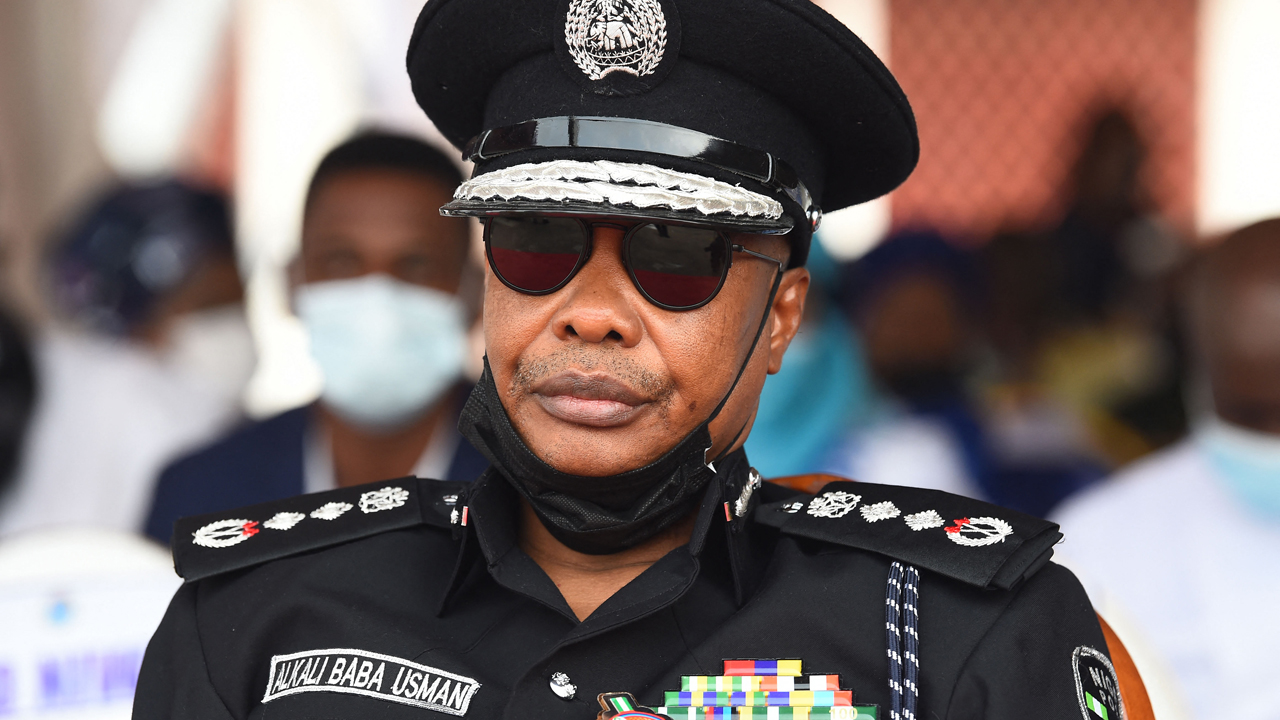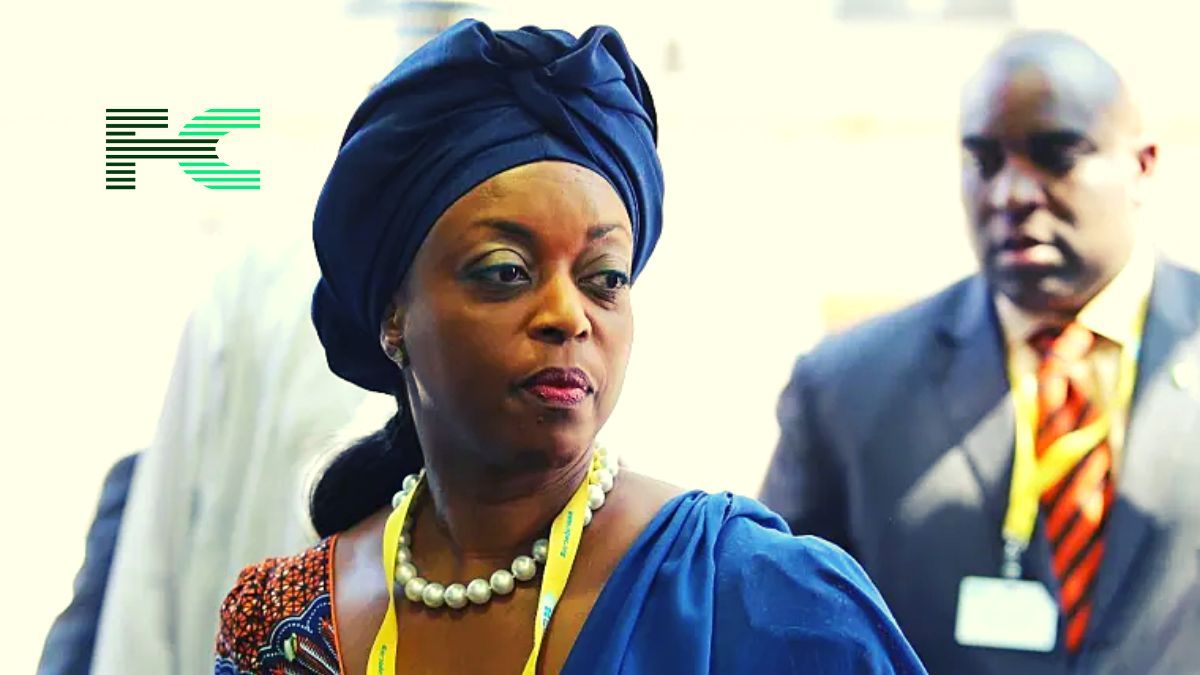When I heard Uche Jombo’s “Onye Egwu” was hitting Prime Video, I was reeeling with excitement. Finally, a Nollywood film tackling sports, a refreshing departure from the usual storyline. Unfortunately, the final product fell short of its potential, primarily due to Jombo’s decision to direct it solo instead of collaborating with others.The movie had all the ingredients for greatness but ended up being painfully mediocre.
Onye Egwu boasts an impressive cast, including Kayode Ojuolape, Tina Mba, Chioma Akpotha, Ini Edo, Lateef Adedimeji, Ufuoma McDermott, Debo Adedayo (Mr Macaroni), Nancy Isime, and Broda Shaggi.
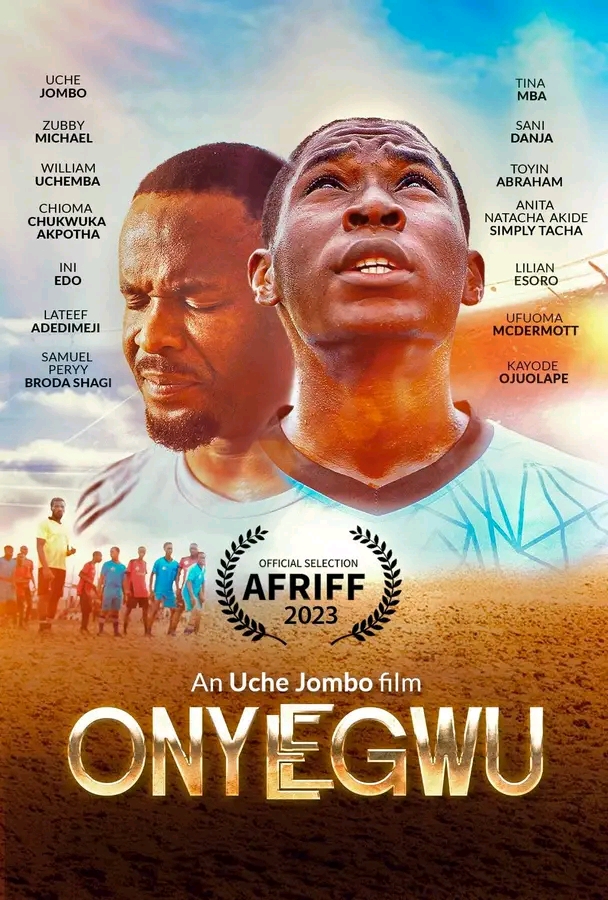
Plot and Promise
Winning the 12th edition of the Africa International Film Festival (AFRIFF), Onye Egwu was co-produced by Taiwo Adebayo Folashade and Uche Jombo. The plot follows Alex Mbanefo, a national and international footballer whose skills earned him the nickname “Onye Egwu.” After severe injuries end his career, Alex’s sister convinces him to return to Nigeria, believing his estranged baby mama Tina, played by BBNAIJA’s Tacha, used dark magic against him.
The film also portrays Chinedum, a young footballer from a slum who idolizes Alex. Chinedum’s mother, Ngozika, opposes his passion for football, while his friend Uduak receives unconditional support from his own mother. The contrasting parental support highlights societal pressures and the struggles of aspiring athletes.
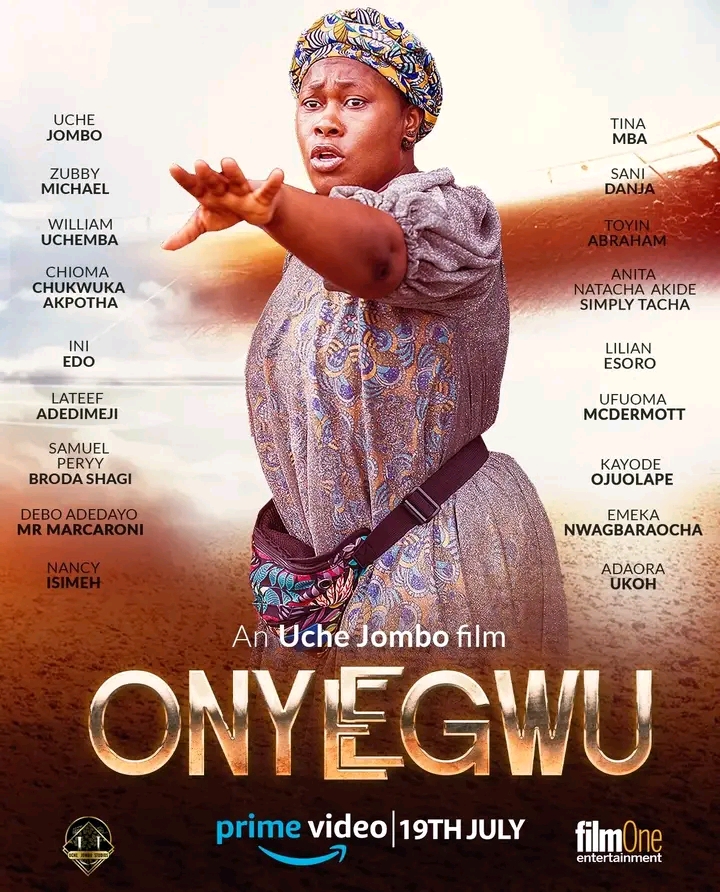
Acting Hits and Misses
Despite its promising premise, Onye Egwu suffers from inconsistent acting. Zubby Michael’s portrayal of Alex fluctuates between convincing and weak. Tacha’s performance as Tina is commendable but feels miscast. Veterans like Uche Jombo, Chioma Akpotha, and Ini Edo deliver strong performances, with Jombo particularly shining in her role.

Thematic Depth and Cinematic Shortcomings
The film blends humor with social commentary, aiming for an entertaining yet thought-provoking narrative. However, it falls short in depicting the athletic struggles of an injured footballer. The movie lacks scenes that genuinely capture the emotional and physical challenges faced by athletes with career-ending injuries. This underdevelopment leaves a significant gap in the story.
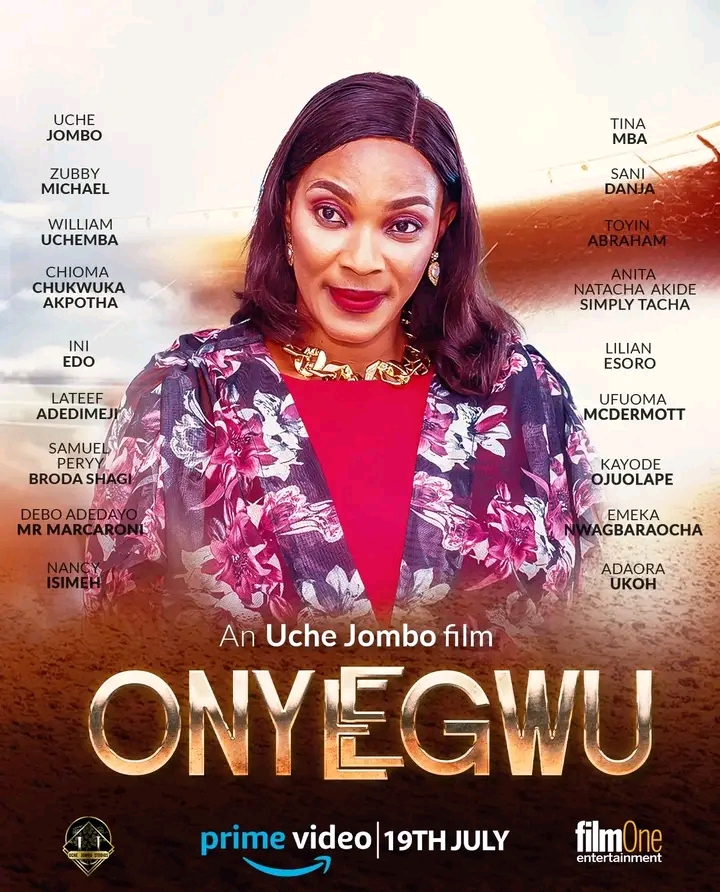
Final Verdict
Visually, “Onye Egwu” is a treat. The cinematography captures the essence of the characters’ environments, enhancing the storytelling. The film also deserves credit for tackling an unconventional theme in Nollywood – football. Given Nigeria’s rich history of football legends like Jay-Jay Okocha and Kanu Nwankwo, there’s a wealth of untapped stories waiting to be told.
In conclusion, “Onye Egwu” is a film with immense potential that falls short due to weak character development and misdirected performances. While it offers a fresh narrative and moments of brilliance, it ultimately leaves the audience yearning for more. I’d rate it a 6/10, hoping that future Nollywood sports films can learn from its missteps and fully realize their potential

